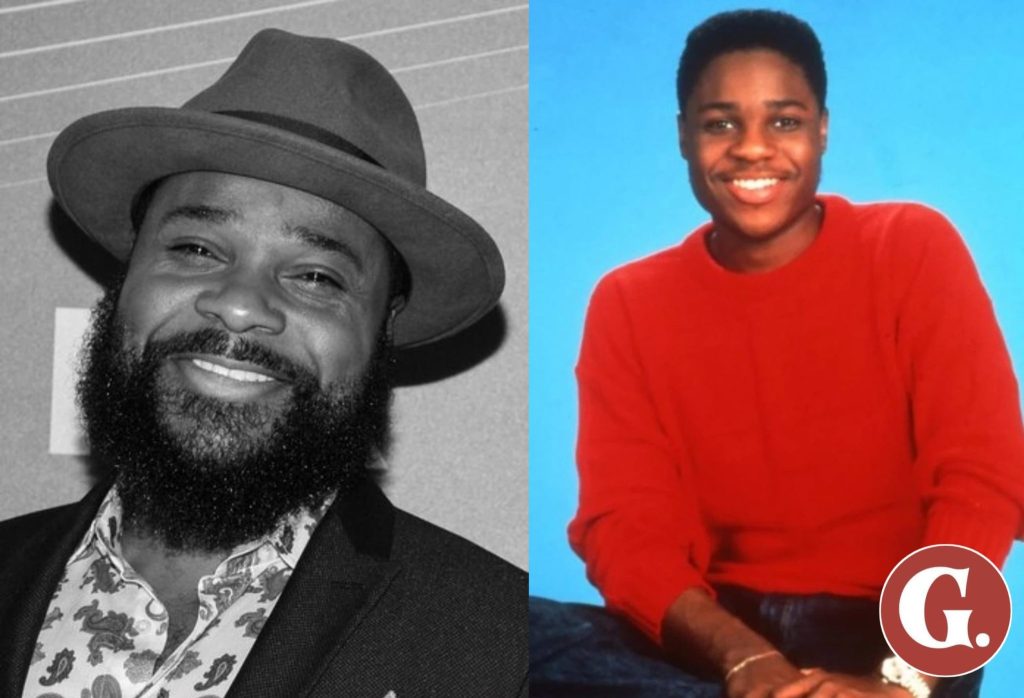Malcolm-Jamal Warner Dies at 54 in a Costa Rica Drowning—How the Beloved Star of The Cosby Show Quietly Became a Grammy-Winning Artist, TV Mentor, and Advocate Before His Final Vacation
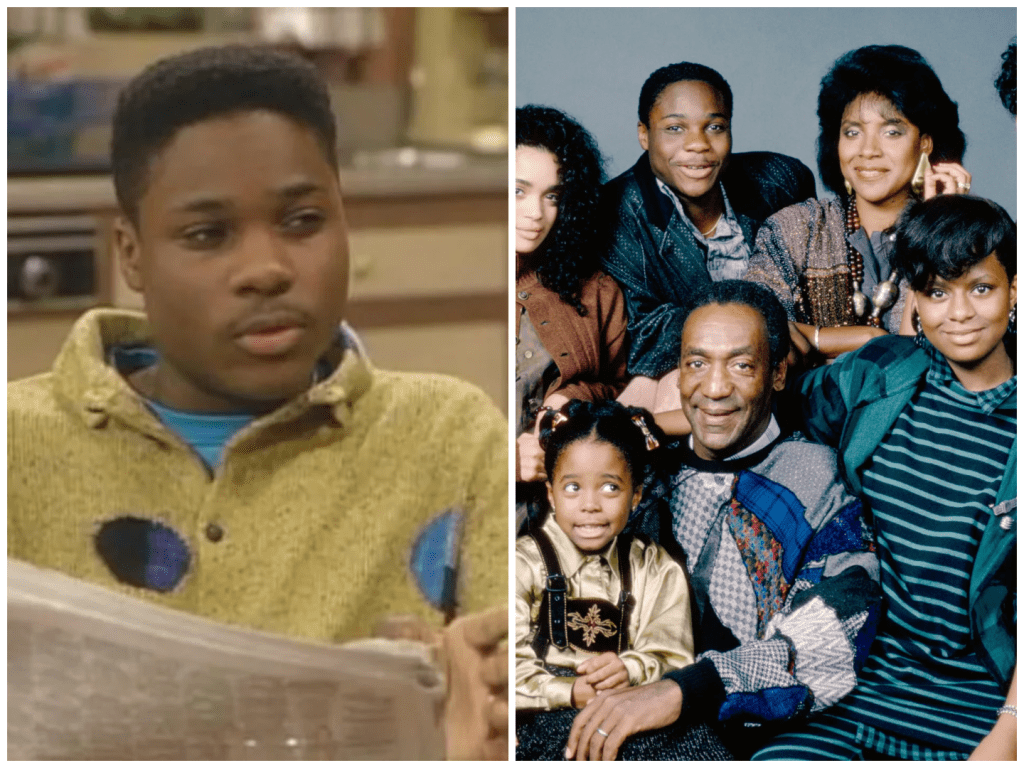
I was eight years old the first time I heard Bill Cosby call out “Theo!” on our old boxy Zenith. Even then, I knew Malcolm-Jamal Warner was different from the typical sitcom kid. He had timing—this easy, sly grin that made you feel like he was letting you in on the joke. Millions of us grew up right alongside him, episode by episode, as The Cosby Show turned into a cultural landmark. That’s why reading the alert on my phone—“Malcolm-Jamal Warner dead at 54, accidental drowning in Costa Rica”—felt like a punch to the ribs. According to Costa Rica’s Judicial Investigation Department, Warner was on a family vacation near Playa Cocles on Sunday, July 20, when a rip current dragged him out. Lifeguards reached him quickly, but the official cause of death was asphyxia from drowning. It was the kind of headline that makes you stop scrolling: the ocean, a random moment, and suddenly an entire lifetime of art and memories cut off in the middle of the page.
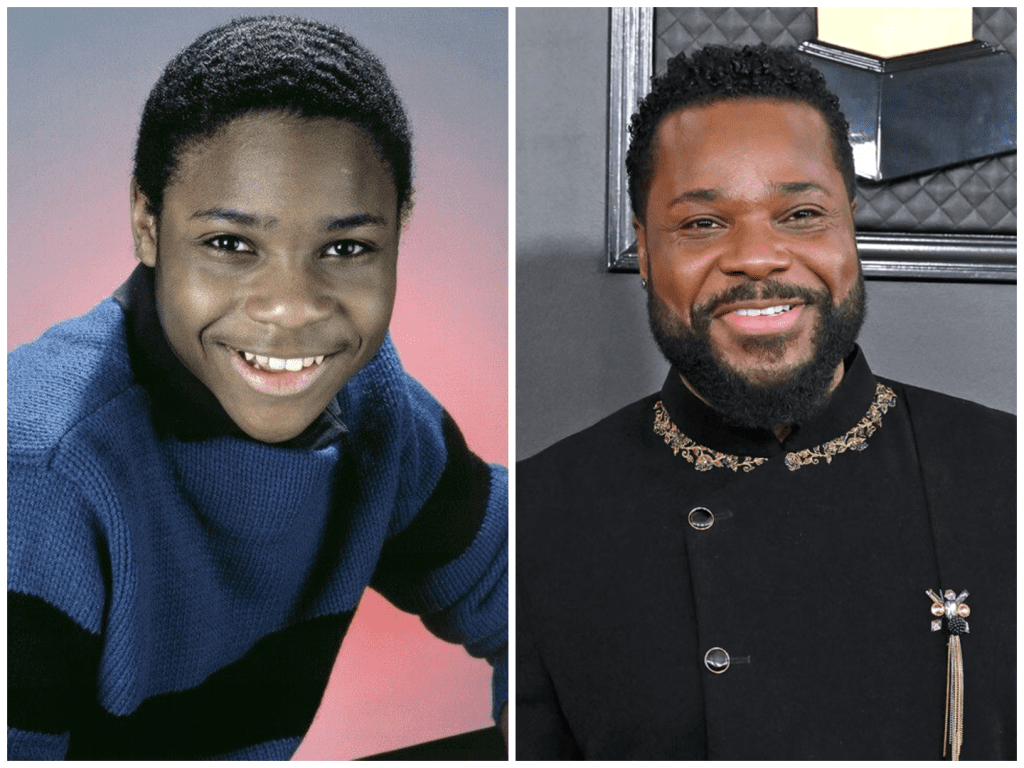
Malcolm wasn’t just Theo to me; he was also the dapper host of Kids Say the Darndest Things, Eddie in Malcolm & Eddie, the smooth-jazz bassist who won a Grammy for his work on Kirk Whalum’s “Jesus Children of America,” and Dr. AJ Austin on Fox’s The Resident. His résumé spanned forty years, but it was his quiet consistency that always impressed me. He showed up, series after series, never chasing tabloid flashes—just the next good story to tell.
He was born in Jersey City on August 18, 1970, raised by a single mother who doubled as his manager. She named him after Malcolm X and jazz legend Ahmad Jamal, setting a tone of brilliance and activism before he could walk. By fourteen, he was the breakout kid brother America needed in 1984—funny, smart, flawed, and relatable. During that historic eight-season run, Malcolm snagged an Emmy nomination, directed a few episodes, and managed to grow up without losing himself to teen-star chaos.
After the Huxtables faded from our Thursday nights, he took the long view. He studied directing at NYU, leaned hard into poetry, and toured college coffeehouses with word-jazz sets long before “spoken-word” hit the mainstream. He cut records as a bassist, fronted a funk-soul trio, and kept slipping into prestige TV dramas—Community, Suits, American Crime Story. Whenever you thought you hadn’t seen him in a while, he’d reappear, older, sharper, making someone else’s script feel lived-in.
What made Warner special wasn’t one role; it was his refusal to stay in a single lane. One day he’d be riffing Miles-style bass lines on NPR; the next he’d be mentoring up-and-coming Black directors through the Sundance Institute. He once told Variety that success isn’t a moment but “waking up decades later still excited to do the work.” That line feels different today—like a note left on the fridge we didn’t notice until after he was gone.
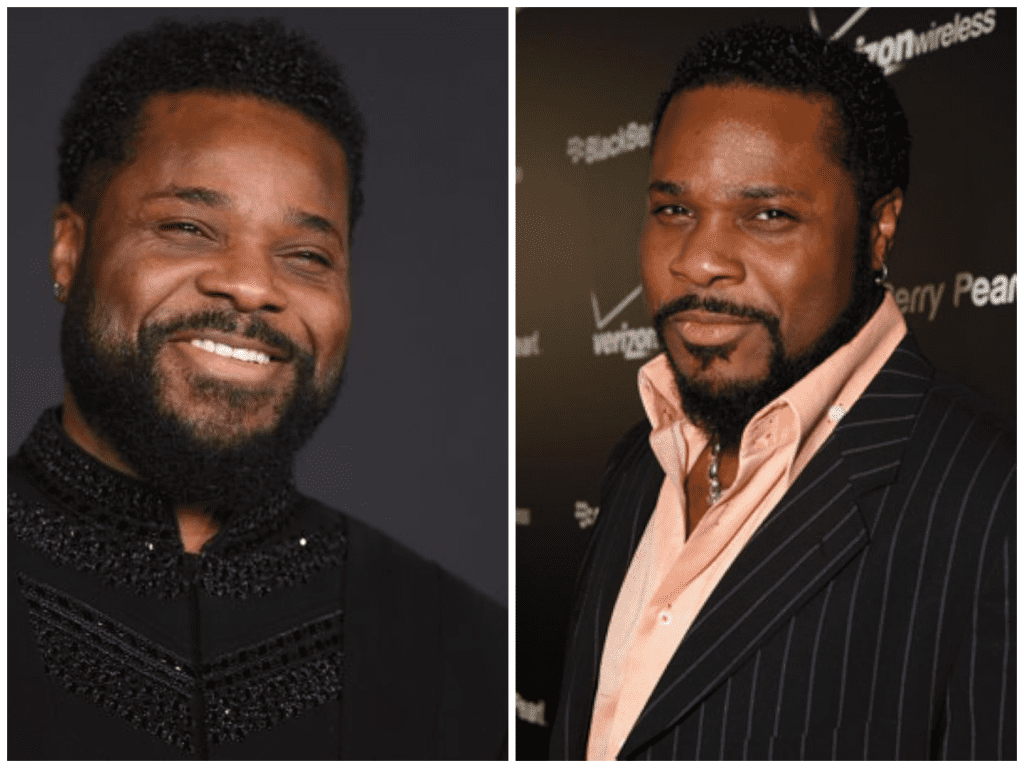
His last months were happy. He wrapped season five of The Resident, gigged with his band in New Orleans, and spent June rehearsing a one-man theater piece about jazz history. He joked on Instagram about needing a beach break “before the next hustle.” So he took his ten-year-old daughter, Isis, to Costa Rica. They chose Cocles for its calm mornings and clear water—usually a safe swim. Fate had other plans. One nasty rip current, one panicked moment, and a life dedicated to rhythm and breath met an ocean that wouldn’t give either back.
News of his death spread fast: TMZ first, then Reuters, ABC, and everyone else. Social feeds flooded with the old Cosby Show opening—dancers in ’80s tuxedos, the bass-heavy theme, Theo’s sideways grin. What hit me harder were the quieter tributes: writers he’d mentored, musicians he jammed with in sweaty LA rehearsal studios, doctors who said his portrayal of heart-surgeon AJ Austin helped patients trust Black physicians. That’s the sort of influence you don’t measure in Nielsen ratings.
Friends say Malcolm loved being a dad most of all, and that every creative hustle ultimately pointed back to giving his daughter the stability his own childhood sometimes lacked. The family plans a private burial in New Jersey and a public memorial concert at the Apollo on August 18—his birthday. Stevie Wonder is rumored to headline; Queen Latifah has already agreed to host. They’ll play the grooves Malcolm loved—Herbie Hancock, Roy Ayers, a little J Dilla—and screen his directorial-debut short film Time Out: The Truth About HIV. It’ll be a night of art, activism, and that effortless cool he never lost.
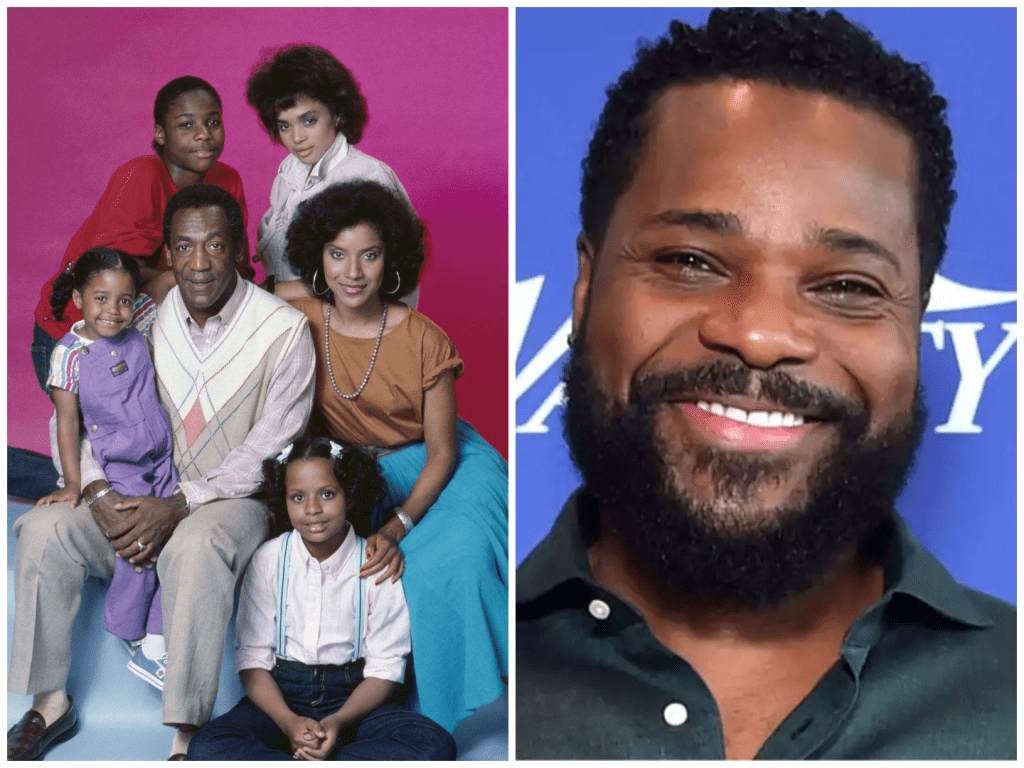
I keep replaying something he said in a 2010 interview: “If you’re lucky, your work survives longer than your body. I try to leave behind things that keep talking.” He did that. We can still binge Theo’s evolution from goofy teen to compassionate adult. We can still feel the pulse of his Grammy-winning bass line, rerun the sitcom where jokes disguised lessons about Black entrepreneurship, and quote his fervent spoken-word on stages that barely fit a mic stand. Those moments still talk. They still teach.
Yes, his death drags us back to the weight of lost potential, but it also pushes us forward. Success, he showed us, can be a marathon of quiet reinvention: guest-starring on a medical drama, dropping a surprise EP, keynoting a youth-arts gala in Atlanta. He proved you don’t need scandal to stay relevant—just sincerity and craft.
Tonight Broadway lights will dim for sixty seconds. Jazz stations will spin “Jesus Children.” Somewhere in Costa Rica the moonlight will shimmer on the water that took him. And I’ll queue up Theo’s old scenes for comfort, hearing the laugh track differently now, tears catching where laughter used to live.
Rest easy, Malcolm-Jamal Warner. Thank you for the bass solos, the punchlines, the quiet determination. Thank you for teaching us that reinvention is its own form of heroism—and for showing up, again and again, long after the credits rolled. We’ll keep listening.
